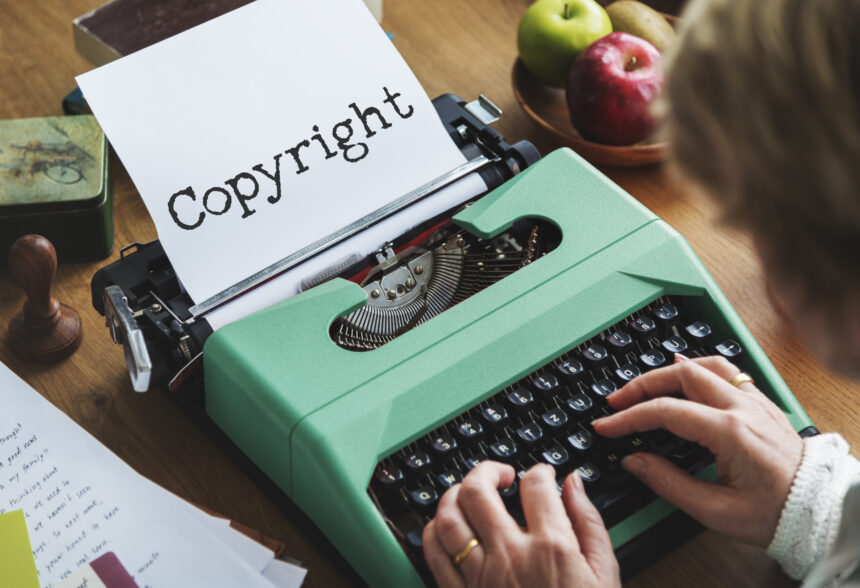Non-Fungible Tokens (NFTs) have revolutionized the world of digital art and content creation, providing a new way for artists and creators to monetize their work. These unique digital assets are based on blockchain technology, ensuring authenticity, ownership, and scarcity. While NFTs have opened up exciting opportunities for creators globally, it is crucial to understand the implications they have on intellectual property rights, especially for South African creators.
Intellectual property (IP) refers to the legal rights that creators have over their inventions, designs, artistic works, and other forms of original expression. It encompasses copyrights, trademarks, patents, and trade secrets. IP protection plays a vital role in fostering innovation, creativity, and economic growth by providing creators with exclusive rights and incentives to continue producing new and valuable works.
In the context of NFTs, the primary concern lies in the unauthorized use or exploitation of copyrighted material. NFTs can represent various forms of digital content, including images, videos, music, and written works. When an NFT is created, it usually includes a reference to the underlying work or a digital copy of it. If this underlying work is protected by copyright, it is crucial to ensure that the creator’s rights are respected and upheld.
For South African creators, safeguarding their intellectual property rights in the NFT space requires understanding the existing legal framework. Copyright protection in South Africa is governed by the Copyright Act of 1978, which grants creators exclusive rights over their original works. These rights include reproduction, distribution, adaptation, and public performance or display. Therefore, creating an NFT based on someone else’s copyrighted work without permission could be a violation of their rights.
To safeguard their creations and prevent unauthorized use, South African creators should consider the following steps:
- Copyright Registration: While copyright protection exists automatically upon the creation of an original work, it is advisable to register copyright with the Companies and Intellectual Property Commission (CIPC) in South Africa. Registration provides additional evidence of ownership and can strengthen the creator’s legal position in case of infringement.
- Terms and Conditions: When minting an NFT, creators should establish clear terms and conditions that outline the permitted uses of the work. This document should address issues like reproduction rights, commercial use, attribution requirements, and limitations on derivative works. By setting these boundaries, creators can exercise more control over how their work is utilized in the NFT ecosystem.
- Watermarking and Metadata: Embedding watermarks and relevant metadata within the digital files associated with an NFT can help identify the creator and assert their rights. Watermarks can discourage unauthorized copying or distribution, while metadata provides crucial information about the work’s origin, copyright status, and authorized usage.
- Licensing Agreements: South African creators can consider licensing their work through smart contracts associated with NFTs. These contracts can outline the terms of use, royalty arrangements, and conditions for resale. By leveraging blockchain technology, creators can automate royalty payments and ensure they receive a fair share of subsequent sales.
- Monitoring and Enforcement: Creators should actively monitor NFT platforms and marketplaces for potential infringements of their work. It is essential to promptly address any unauthorized use by sending cease and desist notices or pursuing legal action when necessary. Collaborating with legal professionals experienced in IP and blockchain can provide valuable guidance during enforcement efforts.
Additionally, South African policymakers and legal institutions should continue to adapt to the evolving digital landscape by examining the existing copyright laws and exploring new regulations that address NFTs specifically. They should consider mechanisms to balance the protection of creators’ rights with promoting innovation and the free flow of digital assets.
In conclusion, NFTs offer South African creators exciting possibilities for monetising their work and reaching a global audience. However, it is crucial for creators to be aware of their intellectual property rights and take proactive measures to protect their creations. By understanding copyright laws, registering their works, establishing clear terms and conditions, utilising watermarks and metadata, entering into licensing agreements, and actively monitoring infringements, South African creators can safeguard their interests in the NFT ecosystem and continue to thrive in the digital age.










